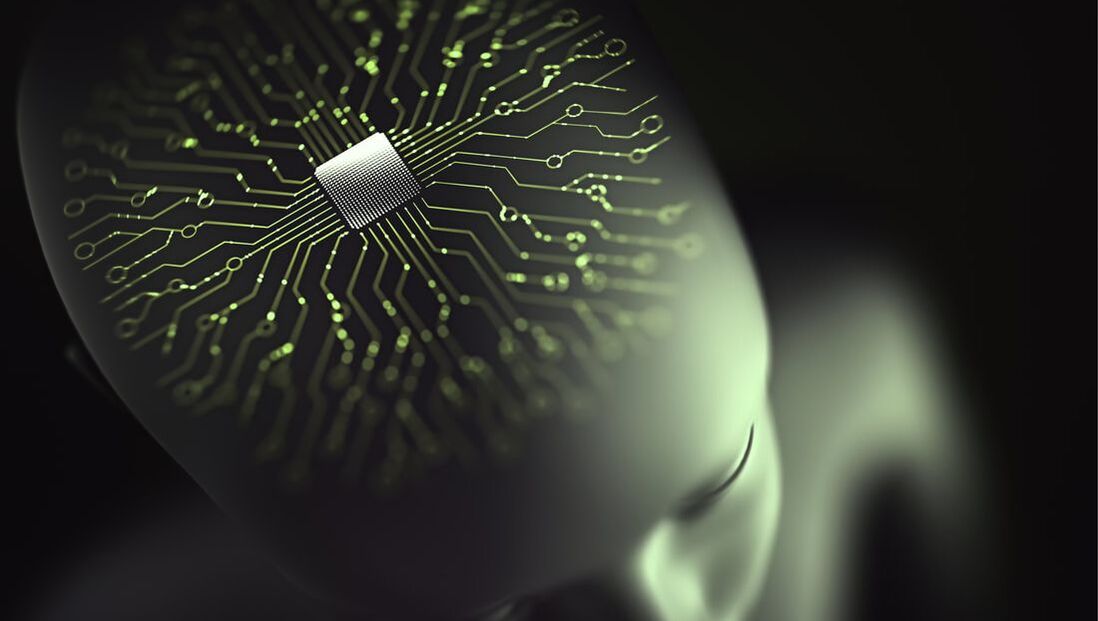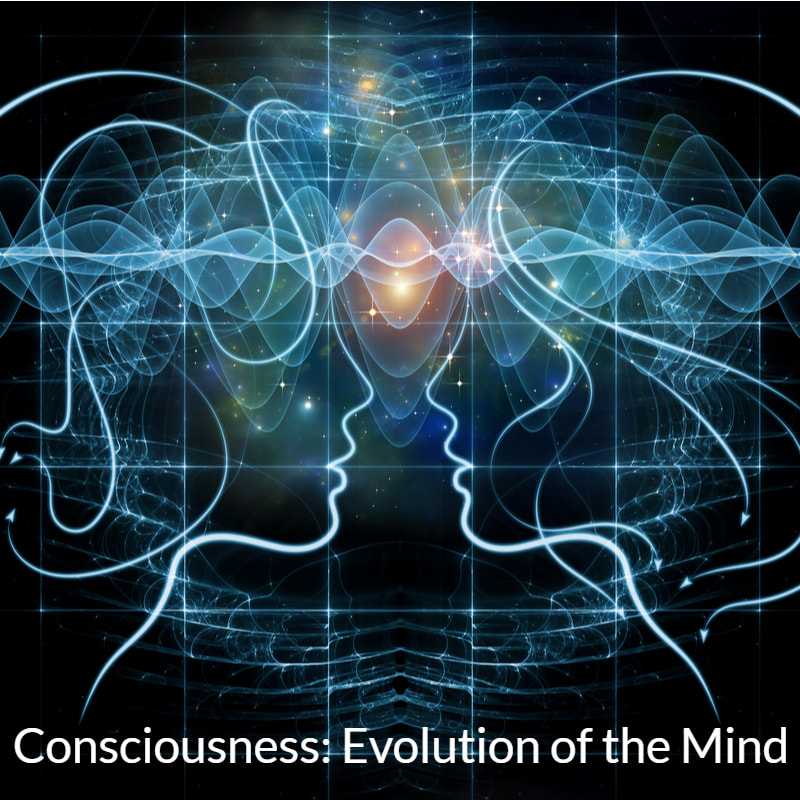|
by Alex Vikoulov [Posted September 9, 2019 10.30 am PST] Researchers are blurring the distinction between brain and machine, designing nanoelectronics that look, interact, and feel like real neurons. Camouflaged in the brain, this neurotechnology could offer a better way to treat neurodenerative diseases or control prosthetics, interface with computers or even enhance cognitive abilities. Electrodes implanted in the brain help alleviate symptoms like the intrusive tremors associated with Parkinson's disease but current probes face limitations due to their size and inflexibility. In a recent paper titled "Precision Electronic Medicine," published in Nature Biotechnology, Shaun Patel, a faculty member at the Harvard Medical School and Massachusetts General Hospital, and Charles M. Lieber, the Joshua and Beth Friedman University Professor, argue that neurotechnology is on the cusp of a major renaissance. Throughout history, the most successful scientists have dimmed discipline lines to tackle problems larger than their individual fields. "The next frontier is really the merging of human cognition with machines," says Patel. "Everything manifests in the brain fundamentally. All your thoughts, your perceptions, any type of disease." Researchers see mesh electronics as the foundation for these mind controlled technologies, also called cybernetics, a synthetic bridge between brain and machine. "Today, research focused at the interface between the nervous system and electronics is not only leading to advances in fundamental neuroscience, but also unlocking the potential of implants capable of cellular-level therapeutic targeting," write the authors in their paper. Currently, when the brain's complex circuitry starts to misbehave or degrade due to psychiatric illnesses like addiction or Obsessive-Compulsive Disorder, neurodegenerative diseases like Parkinson's or Alzheimer's, or even natural aging, patients have only two options for medical intervention: drugs or, when those fail, implanted electrodes. FDA-approved electrodes can provide relief through Deep Brain Stimulation. Like a pace maker, a battery pack set beneath the clavicle sends automated electrical pulses to two brain implants. Each electrode "looks like a pencil. It's big," according to Lieber. In contrast, Lieber's mesh electronics provoke almost no immune response. With close, long-term proximity to the same neurons, the implants can collect robust data on how individual neurons communicate over time or, in the case of neurological disorders, fail to communicate. Eventually, such technology could track how specific neural subtypes talk, too, all of which could lead to a cleaner, more precise map of the brain's communication network. With higher resolution targets, future electrodes can act with greater precision, eliminating unwanted side effects. If that happens, they could be tuned to treat any neurological disorder. And, unlike current electrodes, Lieber's have already demonstrated a valuable trick of their own: They encourage neural migration, potentially guiding newborn neurons to damaged areas, like pockets created by stroke. "The potential for it is outstanding," says Patel. "In my own mind, I see this at the level of what started with the transistor or telecommunications." The potential of course reaches beyond therapeutics: Adaptive electrodes could provide heightened control over prosthetic or even paralyzed limbs. In time, they could act like neural substitutes, replacing damaged circuitry to re-establish broken communication networks and recalibrate based on live feedback. Mesh electronics still have several major challenges to overcome: scaling up the number of implanted electrodes, processing the data influx those implants deliver, and feeding that information back into the system to enable live recalibration. A few major technology companies are eager to champion brain-machine interfaces. Some, like Elon Musk's Neuralink, which plans to give paralyzed patients the power to work computers with their minds, are focused on assistive applications. Others have broader plans: Facebook wants people to text by imaging the words, and Brian Johnson's Kernel hopes to enhance cognitive abilities. Keywords: cybernetics, mind control, mind-controlled prosthetic, nanoelectronics, neurotechnology, neural implants, neurodenerative diseases, cognitive abilities, brain implants, Precision Electronic Medicine, Nature Biotechnology, Shaun Patel, Medical School, Charles M. Lieber, human cognition, Deep Brain Stimulation, neurological disorder, mesh electronics, Neuralink, Facebook, Brian Johnson, Kernel
Image: Shutterstock Follow us ↴
3 Comments
Rose lily
9/20/2019 06:23:44 pm
I will always keep on writing good and posting my testimonies about you on the Internet,I have been diagnosis with Parkinson's disease for 3 yrs I was tested Parkinson's positive,I lost hope and I wept all day, i needed to get cured on time so i was introduced by a blogger who also narrated Her story online on how she was cured of Parkinson's disease by a herbal medication which was sent by Dr James Adam i am totally free from Parkinson's disease for anyone that may need the cure should contact Dr James Adam on his Website https: //instanbulherbalcenter. 000webhostapp. com
Reply
Maria Bade
1/29/2020 12:19:47 am
I sincerely want to thank herbal health remedies foundation for using their product to cure my Parkinson's disease, since 3 years, I have been diagnosed with Parkinson's disease and it has been giving me challenges, I was so perplexed cause i have been taking several drugs to be cured but every of my effort was in vain, one morning i was browsing through the internet then i saw several testimonies about people cured from Parkinson's disease and immediately i contacted them and i got reply how i can purchase the product, i used the herbal remedy for 6 weeks without levodopa and all his symptoms was completely reversed, now i am happy and cured from Parkinson's disease. I recommended this Parkinson's herbal remedy for all Parkinson's Patient on his Email: [email protected] or Visit Website: http://herbalhealthremediesfoundation.com
Reply
Laurens
3/17/2020 05:22:35 am
I am 65 years old, I was diagnosed of Parkinson's disease at the age of 59. I had severe calf pain, muscle pain, slurred speech, frequent falls, loss of balance, difficulty getting up from sitting position. i was on Carbidopa and Pramipexole for two years, as the disease progressed my symptoms worsened, with my neurologist guidance i started on natural PARKINSON'S DISEASE TREATMENT from Rich Herbal garden w w w. richherbalgardens. c o m The treatment worked very effectively for my Parkinson’s, most of my severe symptoms simply vanished within the first 3 months on the treatment, i feel better now than I have felt in years and i can feel my strength again. My neurologist was very open when looking at alternative medicines and procedures, this alternative Parkinson's disease treatment is indeed a breakthrough.
Reply
Leave a Reply. |
Disclaimere_News™ delivers the most urgent News of the Day that we find relevant to the main theme of EcstadelicNET such as a new, cutting-edge scientific research, technological breakthroughs and emerging trends. Some material may be fully or partially from outside sources. The Top Stories section, on the other hand, contains only original content written by affiliated authors. Take me to Top Stories. Categories
All
The Cybernetic Theory of Mind by Alex M. Vikoulov (2022): eBook Series
The Syntellect Hypothesis: Five Paradigms of the Mind's Evolution by Alex M. Vikoulov (2020): eBook Paperback Hardcover Audiobook The Omega Singularity: Universal Mind & The Fractal Multiverse by Alex M. Vikoulov (2022): eBook THEOGENESIS: Transdimensional Propagation & Universal Expansion by Alex M. Vikoulov (2021): eBook The Cybernetic Singularity: The Syntellect Emergence by Alex M. Vikoulov (2021): eBook TECHNOCULTURE: The Rise of Man by Alex M. Vikoulov (2020) eBook NOOGENESIS: Computational Biology by Alex M. Vikoulov (2020): eBook The Ouroboros Code: Reality's Digital Alchemy Self-Simulation Bridging Science and Spirituality by Antonin Tuynman (2019) eBook Paperback The Science and Philosophy of Information by Alex M. Vikoulov (2019): eBook Series Theology of Digital Physics: Phenomenal Consciousness, The Cosmic Self & The Pantheistic Interpretation of Our Holographic Reality by Alex M. Vikoulov (2019) eBook The Intelligence Supernova: Essays on Cybernetic Transhumanism, The Simulation Singularity & The Syntellect Emergence by Alex M. Vikoulov (2019) eBook The Physics of Time: D-Theory of Time & Temporal Mechanics by Alex M. Vikoulov (2019): eBook The Origins of Us: Evolutionary Emergence and The Omega Point Cosmology by Alex M. Vikoulov (2019): eBook More Than An Algorithm: Exploring the gap between natural evolution and digitally computed artificial intelligence by Antonin Tuynman (2019): eBook Editor-in-ChiefAlex M. Vikoulov is a futurist, evolutionary cyberneticist and philosopher, editor-in-chief at Ecstadelic Media Group, filmmaker, essayist, author of many books, including the 2019-2020 best-seller "The Syntellect Hypothesis: Five Paradigms of the Mind's Evolution." Our Public Forums
Our Custom GPTs
Alex Vikoulov AGI (Premium*)
Be Part of Our Network! *Subscribe to Premium Access Make a Donation Syndicate Content Write a Paid Review Submit Your Article Submit Your Press Release Submit Your e-News Contact Us
|
















